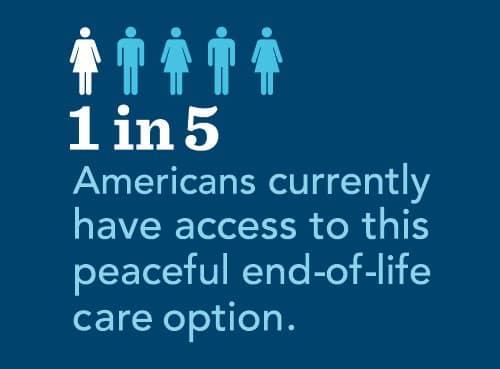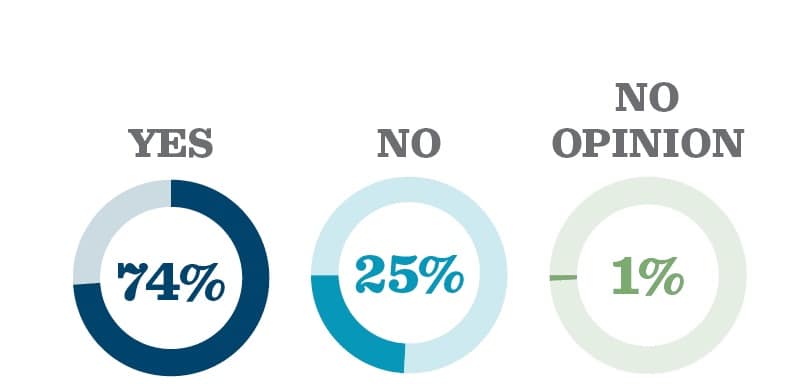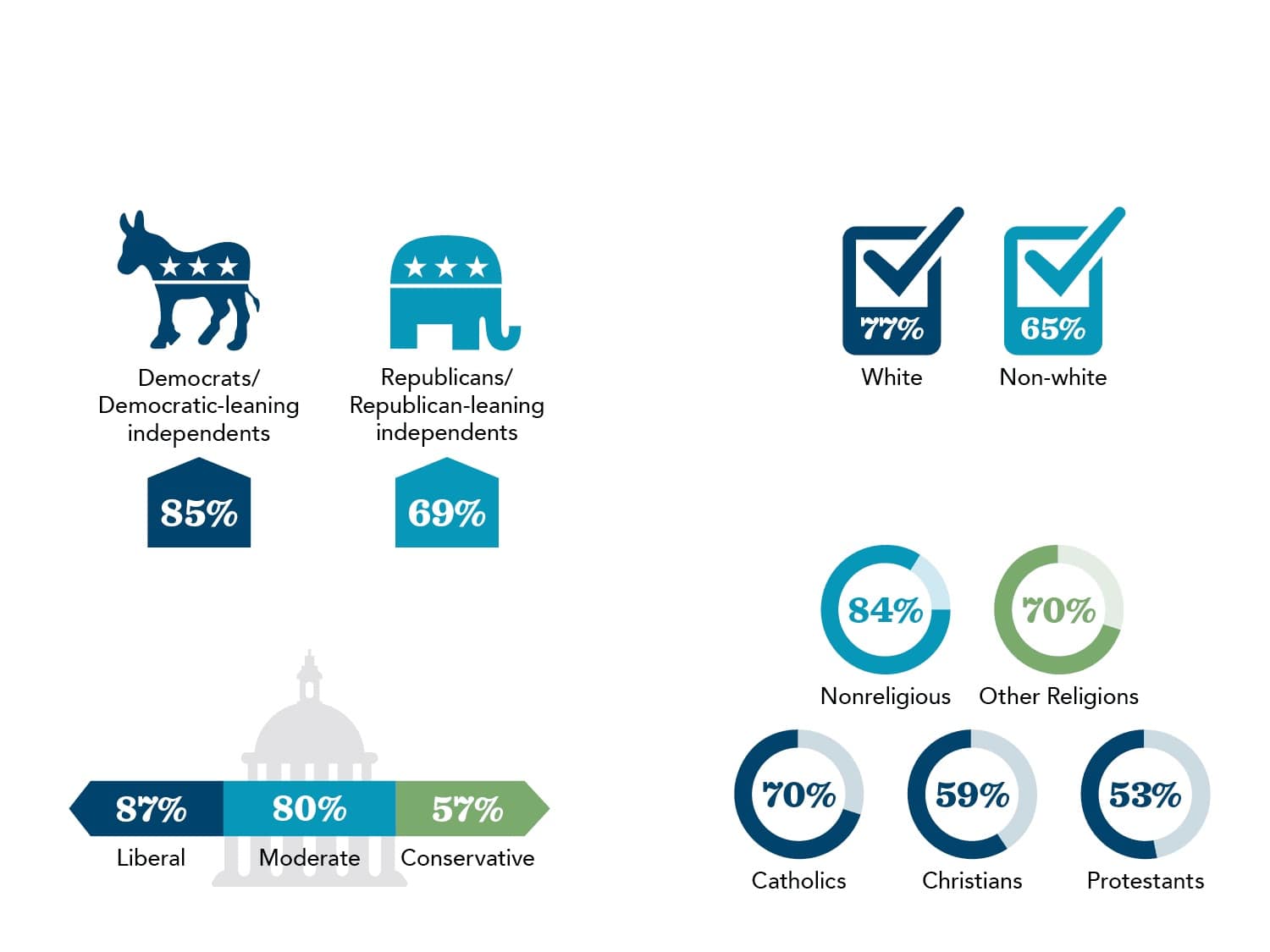Compassion & Choices is leading efforts to authorize, implement and defend medical aid in dying so all terminally ill people who are eligible will have access to the full range of end-of-life care options.
Medical aid in dying is a widely supported end-of-life option that provides dying people with peace of mind and comfort during a difficult time. While only a small number of people will choose to use the option, to patients, it is a prime litmus test of person-directed care. It exemplifies a medical system that respects patients by allowing them to assert their values and priorities as death approaches. Furthermore, the evidence demonstrates that authorizing medical aid in dying protects patients, affords dying people autonomy and compassion during the most difficult time, improves end-of-life care even for those who don’t choose the option, and costs states almost nothing to implement.
A trusted and time-tested medical practice that allows a terminally ill, mentally capable adult with a prognosis of six months or less to live to request from their doctor a prescription for medication they can decide to self-ingest to die peacefully in their sleep.
Medical aid in dying is sometimes incorrectly referred to as “assisted physician suicide,” “physician aid in dying,” “death with dignity,” and “euthanasia.” Medical aid in dying is not assisted suicide, suicide, or euthanasia. These terms are misleading and factually incorrect.
Compassion & Choices has led or supported campaigns to authorize medical aid in dying and implement this medical practice in 11 jurisdictions, giving one in five Americans the end-of-life option (dates indicate when the law was enacted):

See a chart listing the jurisdictions in the order they were authorized.
With more than 20 years of evidence from Oregon alone and another 20 years of combined evidence in the other authorized jurisdictions, the laws that authorize this compassionate option have proven not only to protect patients, but to improve care across the end-of-life spectrum. The fundamental core safeguards embedded in medical aid-in-dying laws ensure that all terminally ill individuals pursuing the option are protected from coercion and abuse.
After watching my husband John suffer terribly at the end of his life, I strongly believe in our right to choose when we die, if our illness is beyond any hope of meaningful recovery.” -- Diane Rehm, NPR host of the Diane Rehm Show
Medical aid in dying protects patients, affords dying people autonomy and compassion during the most difficult time, improves end-of-life care, and costs states almost nothing to implement, except for the minimal costs associated with collecting data and producing the annual statistical reports.

"I support medical aid and dying because I think it will give so many terminal patients some sense of control when pain becomes unbearable." —Fay Hoh Yin
To be eligible for aid-in-dying medication, an individual must meet all four criteria:
In addition to the strict eligibility criteria these laws establish the following core safeguards:
These core safeguards ensure that individual patient preferences, needs and values are honored, and guide all clinical decisions, including the decision to use medical aid in dying.
Society benefits when medical aid in dying laws are implemented -- benefits that help everybody -- regardless of whether one decides to access the law:
Three quarters of Americans (74%) support the option of medical aid in dying, according to the 2020 Gallup Poll. Support is high across all demographic groups surveyed. Read more about support for medical aid in dying in the latest polls.


Source: Gallup Poll, 2020.
State-specific booklets that provide step-by-step instructions for how to use the law, how to find a physician and what to consider when talking with your physician. Also see the Medical Aid in Dying tracking sheet
Medical Aid in Dying and ALS: How the Option Can End Suffering
How Medical Aid in Dying Really Works in Authorized States
Patient Perspective on Medical Aid in Dying
Medical Aid in Dying: Ensuring Access to the End of Life Option that you Want
Mail contributions directly to:
Compassion & Choices Gift Processing Center
PO Box 485
Etna, NH 03750